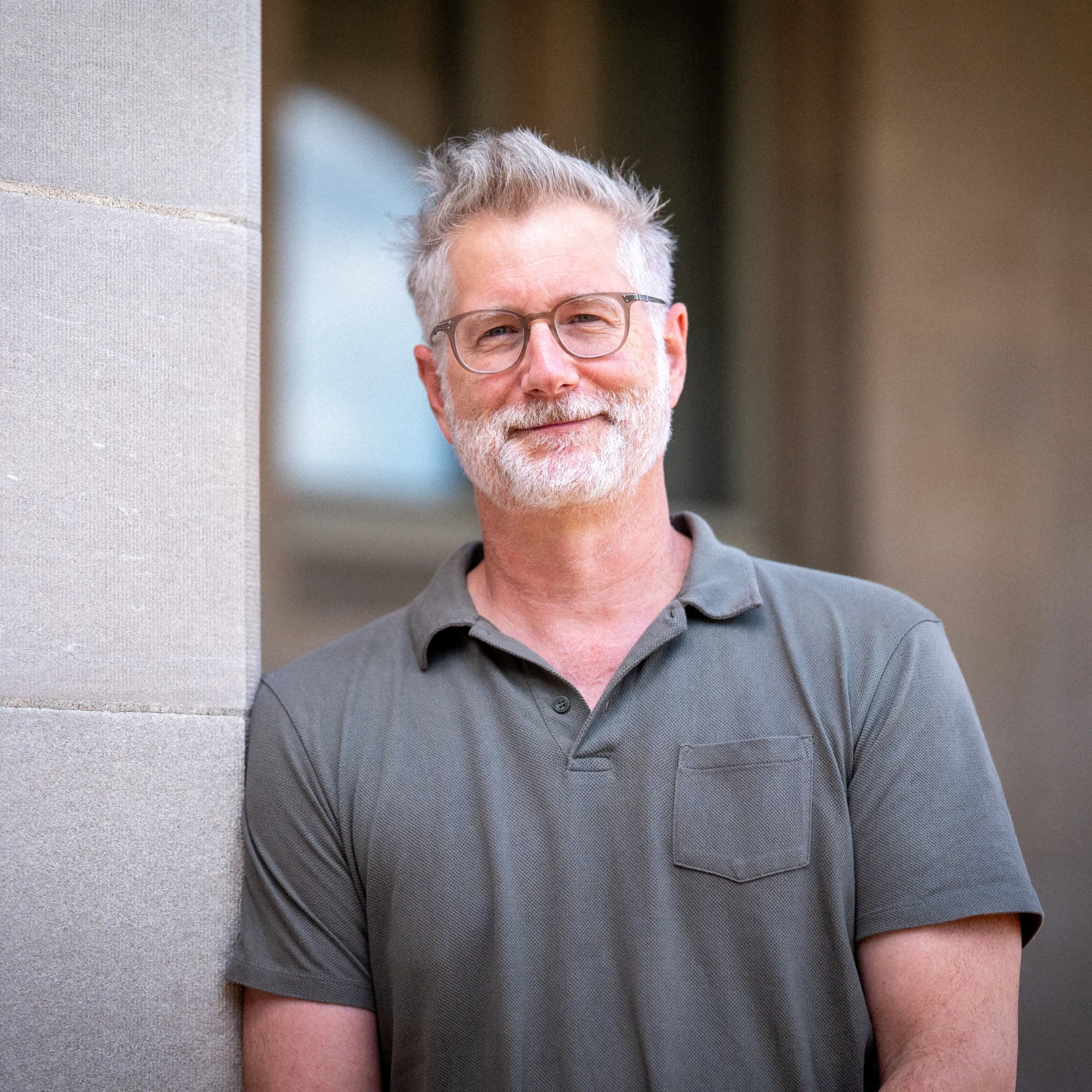Matt Erlin's research focuses on the literary, cultural, and intellectual history of late eighteenth- and early nineteenth-century Germany.
In addition to essays on topics ranging from Moses Mendelssohn's philosophy of history to the eighteenth-century novel, Erlin has published two books: Berlin’s Forgotten Future: City, History, and Enlightenment In Eighteenth-Century Germany (2004) and Necessary Luxuries: Books, Literature, and the Culture of Consumption in Germany, 1770-1815 (2014). He has also co-edited, together with Lynne Tatlock, two essay anthologies: German Culture in Nineteenth-Century America: Reception, Adaptation, Transformation appeared in 2005, and Distant Readings: Topologies of German Culture in the Long Nineteenth Century was published in 2014.
Professor Erlin is a member of the steering committee of Washington University's Humanities Digital Workshop (HDW). Together with student and staff collaborators, he is currently working on several digital humanities projects that use computational tools to challenge traditional notions of genre and period as they apply to eighteenth- and nineteenth-century German literature. Erlin is also a co-investigator on the multi-university partnership grant “Text Mining the Novel,” which aims to produce the first large-scale cross-cultural study of the novel according to quantitative methods.
Professor Erlin’s course offerings range widely but generally reflect his fascination with the interface between aesthetic theories and practices and the sociopolitical contexts in which they emerge. He also has a strong interest in pedagogy. In addition to general courses in German language and culture, he has taught seminars on German poetry, consumer culture and the eighteenth-century novel, Marxist cultural theory, cultural representations of nationalism, and the sociology of literature. He also teaches in the Interdisciplinary Project in the Humanities.
